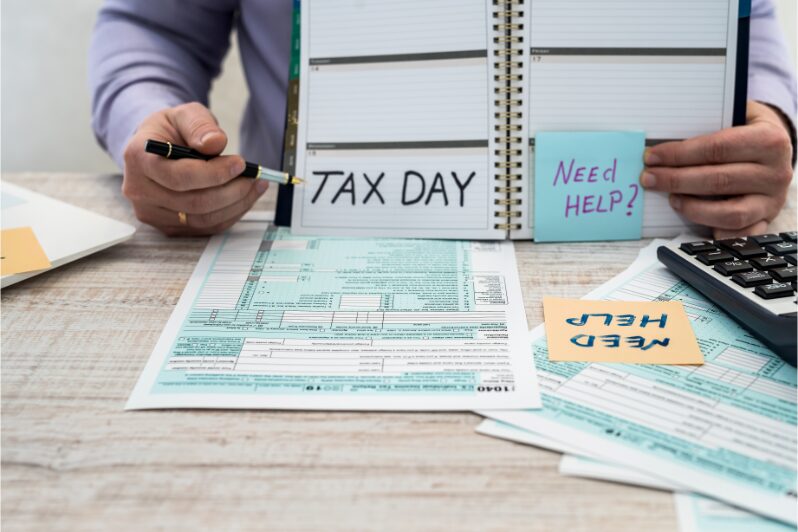UAE’s Excise Tax is an indirect targeted way of discouraging the consumption of products that pose a potential health risk to the public or the environment. It’s a levy on items like tobacco products, carbonated beverages, and energy drinks, not broad like VAT.
On average, levies on these products range from 50% to 100%, making the financial impact of business dealings with them significant.
However, to allow a balance between public health goals and economic competitiveness, certain designated zones get relief within the UAE. The law in these areas operates differently, and major manufacturers or distributors of such excisable goods tend to use these designated zones to manage cash flow and liabilities efficiently.
As a business handling excisable goods in the UAE, it’s important to understand how excise tax applies and works (including deductions).
What are Designated Zones in the UAE?
These are specified geographic areas treated differently from the UAE customs territory for excise tax purposes. Excisable goods receive special treatment in these zones and aren’t subject to such levy immediately unless they are outside the region and enter the UAE market.
Some advantages for businesses dealing with excisable products include:
- Zero upfront tax for imported, manufactured, or stored goods.
- Goods may qualify for deductions within the zones.
- Exporters of excisable goods may become exempt from the levy if they do so within these zones.
Note:
The high rates levied still heavily reduces the operation of businesses handling these products.
Excise Tax Rates in the UAE
- 100% on tobacco and its products
- 100% on energy drinks
- 50% on carbonated beverages
Designated zones may eliminate, reduce, or delay these burdens where applicable.
Also Read: Excise Tax Consultation in Dubai
How Businesses Can Claim Excise Tax Deductions in Designated Zones
There’s a clear compliance pathway set by the Federal Tax Authority (FTA) for businesses seeking to claim deductions.
Here’s a practical guide that reflects the actual process:
Step#1: Register for Excise Tax
It always starts with a registration. Businesses must file their company’s details with the FTA and obtain a Tax Registration Number (TRN) before they can proceed with actions involving excisable goods.
Step #2: Verify Eligibility of Goods
Each good must meet the set requirements for a deduction claim.
- It must have remained within the designated zone.
- All business processes — manufacturing and storing — must be in the zone.
- Goods must never have entered the UAE market or been subject to any other FTA levy.
Step #3: Maintain Accurate Inventory and Documentation
For excisable goods, record-keeping is everything for a deduction claim. Business will need to have:
- Customs and transport documentation
- Purchase and sales invoices
- Reports showing movement of inventory
- Records of consumption within designated zones
Note:
FTA is document-focused when approving a deduction.
Step #4: File an Application for Excise Deductions
To get approval, your application must include:
- A list of all excisable goods that qualify for deductions
- Invoices and declarations clearly showing a paid excise tax.
- A written confirmation that all excisable goods for deduction meet FTA requirements
Step #5: Await FTA Review
During this wait time, the FTA may (or may not) request clarification or additional documents before granting such an approval.
Step #6: Apply the Approved Deduction
Once approved, the business can deduct the approved amount when filing its next excise tax return.
Practical Examples of Excise Tax Deductions
- A company producing energy drinks or carbonated beverages inside a designated zone can use a part of its available stock for internal testing. Applicable only if the consumption occurs within the zones.
- A trader imports tobacco or other excisable goods into a designated zone and exports them to a different country; such levy doesn’t apply because they never entered the UAE market.
Why Businesses Choose Designated Zones (Savings and Advantages)
Aside from the obvious savings offered by these areas, other benefits include:
- Having a controlled inventory environment
- Reduced administrative authority over excisable goods
- Possibility of cost-effective warehousing
Note:
Companies handling fast-moving consumer goods (FMCG), tobacco supply chains, and beverages can designate zones as safe havens for their operations.
Conclusion
Designated zones in the UAE help not just the public maintain its health goals, but also businesses manage a good profit tax ratio. Understand the rules that apply; only then can businesses operating such goods avoid the levy while remaining compliant with FTA regulations.
Consult Experienced UAE Tax Professionals
While it may seem easy and thoroughly simplified, excise tax can get technically tricky. The best advice is to work with an experienced consultant from the UAE to ensure proper documentation and compliance.
Contact Us Today for guidance with excise tax optimization for businesses. Our team is ready to help keep your business running and operational costs low.
